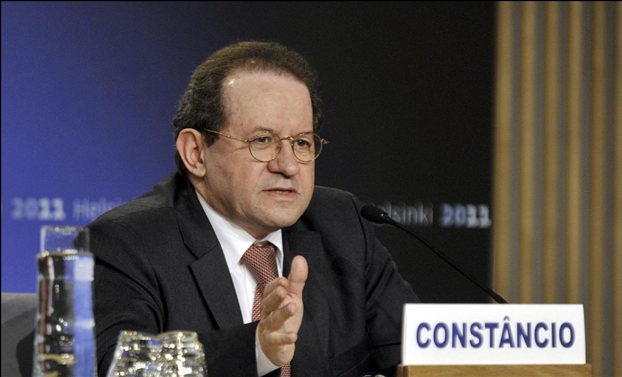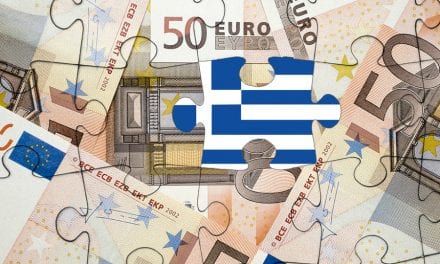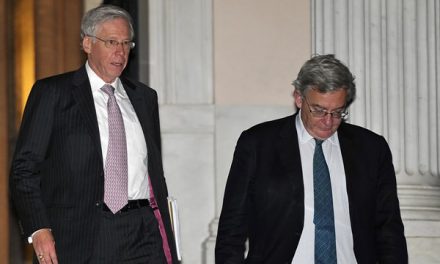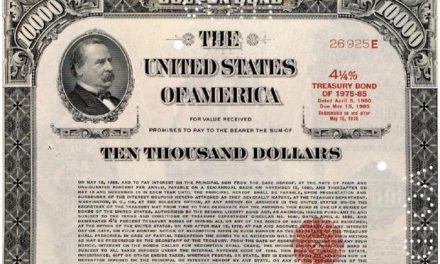By TODD BUELL, Market Watch
FRANKFURT–The vice president of the European Central Bank said Monday that he is convinced that Greece will remain in the eurozone, as he attempted to douse concerns that the troubled country would leave the currency bloc.
“I am convinced” that there won’t be a Greek exit, from the eurozone, Vitor Constancio said in remarks to European parliamentarians in Brussels. “The treaty doesn’t foresee that a country can be formally legally expelled from the euro,” he said.
Mr. Constancio also said that it wouldn’t be “automatic” for Greece to leave the eurozone should it default on a payment to one of its creditors.
The comments come as Europe faces a showdown between Greece and its international creditors. While the country’s European partners, led by Germany, insist that it carry out painful reforms, its leftist government, elected in late January, wants to draw a line under painful cuts which it says has led to misery for the Greek population.
Lacking more international funding, the country could run out of money, potentially forcing it to start printing its own currency, effectively leaving the eurozone. Ratings agency Standard & Poor’s last week predicted that Greece’s cash reserves could run dry by mid-May.
The looming crisis has forced eurozone leaders to reassert the irreversibility of the currency zone. Speaking Saturday, ECB President Mario Draghi rejected speculation that Greece may be forced to abandon the euro, reiterating that the single eurozone currency is irrevocable.
Amid the uncertainty, Greek banks have been beset by deposit outflows, as account holders move their money to places perceived as safer. This development has prompted discussion that Greece would have to implement capital controls, a radical move, to force people to keep their money in the country.
Mr. Constancio said such measures could only be introduced if the Greek government were to request them and then they would have to be approved by the European Commission. He also recalled that Cyprus was able to implement such controls two years ago and that this “didn’t imply exit from the euro.”



















